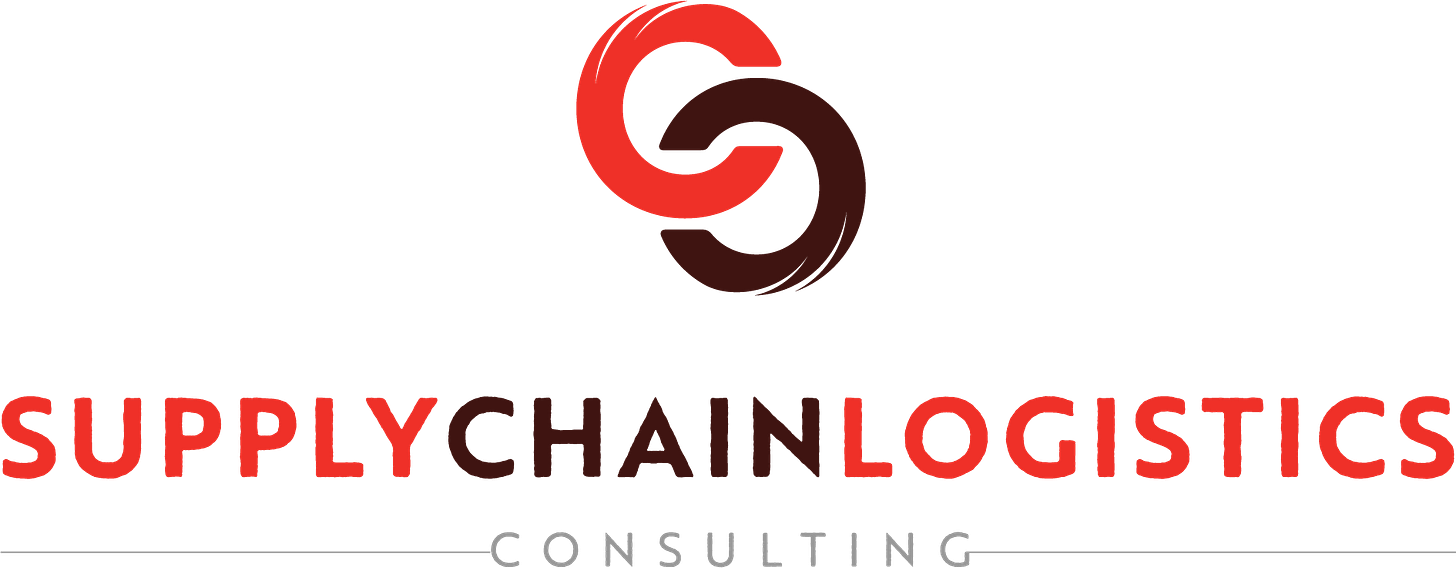A Look at Disruption. How Labour Disputes Impact Supply Chains.
Understand the risks presented by labour disputes on supply chain management operations. The cause and the cost can vary widely however, these are the common issues presented when work is interrupted.
Understanding the Risk of Disruption.
Labour disruptions impact supply chains in several ways:
Lost Productivity:
When workers are off-the-job due to labour disputes, operational processes can slow down and may halt entirely. This leads to cascading impacts on inventory systems and lagging or missed customer service commitments, and lost productivity.Increased Costs:
Labour shortages often result in higher wages as companies compete to attract and retain workers. Additionally, businesses might need to invest in temporary staffing or automation to fill gaps and to prepare for potential negative impacts of a major interruption to their business operations.Logistical Challenges:
Labour disruptions affecting transportation and logistics, cause delays in shipping and receiving goods. This can lead to longer delivery times and increased shipping costs as the demand for available alternatives rises while scarcity causes upward pressure on price.Quality Control Issues:
With fewer skilled workers available, maintaining quality standards can become challenging. This can result in higher defect rates and an increased rate of returns, more lost sales, and higher opportunity costs.Supply Chain Bottlenecks:
Disruptions in one part of the supply chain can create bottlenecks that affect the entire value chain or system of interchange required to produce specific goods and services. For example, a shortage of transportation resources can delay the deliveries of raw materials to factories, which in turn delays production of finished products.Inventory Management Problems:
Companies may struggle to maintain optimal inventory levels, leading to either overstocking or stockouts. Increased requirements to find temporary storage solutions during a major disruption to operations carries costly premiums due to demand and greater scarcity overall.Employee Relations:
Labour disputes may cause damages to an employers credibility or reputation by the workforce when employee concerns are brought into the public domain. Economic pressure affecting multiple stakeholders can accelerate negotiation of items that would not be considered without job action and can raise public awareness of worker concerns.Bankruptcy:
Insurance claimants may not find a viable solution when business disruption is caused by a labour dispute. Ongoing financial requirements such as overhead and leased equipment can remove profitability and place the business at risk. Long term financial impacts for individual businesses can be as real for workers as on business owners, because employees can face the eventual loss of their employers business as a source of income.
An Example:
Review labour disruption’s financial impact on North American supply chains in 2024 include this recent example of the strike by the International Longshoremen’s Association (ILA). Where the 2024 US dockworker strike had at one time, an estimated economic cost of $5 billion a day.
In Conclusion:
Effective labour relations supports functional organizations where productivity and worker retention are not an issue. This is because the risk of interruption due to unresolvable disputes and full work stoppages that can disrupt the supply chain operations are managed. From a talent perspective, the effective management of labour relations can improve retention by improving an organization’s alignment with worker sentiment, providing the stability needed for a skillful workforce in specialized industries or roles. Consistency is also essential for maintaining reliable production schedules, meeting delivery deadlines, and ensuring quality control measures are upheld according to the company’s standards.Ultimately, a resilient and responsive supply chain is capable of adapting to market demands and operational challenges. Business leaders must take into account and seek to mitigate the potential risk of disruption through proactive measures and strategic supply chain planning, whenever possible. S&Co., Supply Chain Logistics ConsultingFor the best results, both managers and employees must have an awareness of the impact to costs, customer satisfaction, systems constraints, and other indirect consequences from lasting disruptions affecting the supply chain.

Resources:
spglobal.com: “Labor: A critical component of supply chains under growing pressure.”, By Peter Tirschwell, Bruce Thomson, and Yacine Rouimi, February 21, 2024. (https://www.spglobal.com/en/research-insights/special-reports/look-forward/labor-a-critical-component-of-supply-chains-under-growing-pressure)
hbr.org: “How to Address the Supply-Chain Staffing Crisis” by Joe McKendrick, September 18, 2023. (https://hbr.org/2023/09/how-to-address-the-supply-chain-staffing-crisis/)
weforum.org: “An expert explains: How COVID-19 exposed the fragility of global supply chains”, Jul 30, 2021. Glenn McGillivray, Managing Director, Institute for Catastrophic Loss Reduction,Western University (https://www.weforum.org/agenda/2021/07/covid-19-pandemic-global-supply-chains/)
imf.org: “Longer Delivery Times Reflect Supply Chain Disruptions.”, Parisa Kamali, Alex (Shiyao) Wang, October 25, 2021. (https://www.imf.org/en/Blogs/Articles/2021/10/25/longer-delivery-times-reflect-supply-chain-disruptions/)
Related Articles:
https://open.substack.com/pub/sclci/p/in-the-news-us-dockworker-strike?r=2cavzd&utm_campaign=post&utm_medium=webAt Supply Chain Logistics Consulting our mandate is to improve the way things are done and we would be happy to hear from you. Do you have a specific problem you are solving? A unique solution or a successful story about making a significant change?
Let us know.
Write your response in the comments or send us a message on our contact page. If we get enough responses, we will be highlighting our favorite examples in featured posts so that our readers can benefit from them as well.
If you are interested in hiring a management consultant for your business or project and want to learn more about our management consulting services, please contact us today. We are a professional management consulting firm with years of experience in helping people at businesses like yours to achieve results.
S&Co., Supply Chain Logistics Consulting Inc.




